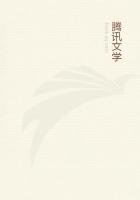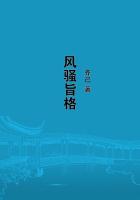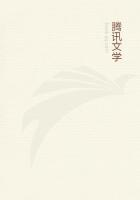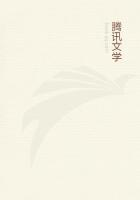Art thou then free? a man may say. So help me heaven, I long and pray for *******! But I cannot look my masters boldly in the face; I still value the poor body; I still set much store on its preservation whole and sound.
But I can point thee out a free man, that thou mayest be no more in search of an example. Diogenes was free. How so? Not because he was of free parentage (for that, indeed, was not the case), but because he was himself free. He had cast away every handle whereby slavery might lay hold of him to enslave him, nor was it possible for any to approach and take hold of him to enslave him. All things sat loose upon him--all things were to him attached by but slender ties. Hadst thou siezed upon his possessions, he would rather have let them go than have followed thee for them--aye, had it been even a limb, or mayhap his whole body; and in like manner, relatives, friends, and country. For he knew whence they came--from whose hands and on what terms he had received them. His true forefathers, the Gods, his true Country, he never would have abandoned; nor would he have yielded to any man in obedience and submission to the one nor in cheerfully dying for the other. For he was ever mindful that everything that comes to pass has its source and origin there; being indeed brought about for the weal of that his true Country, and directed by Him in whose governance it is.















